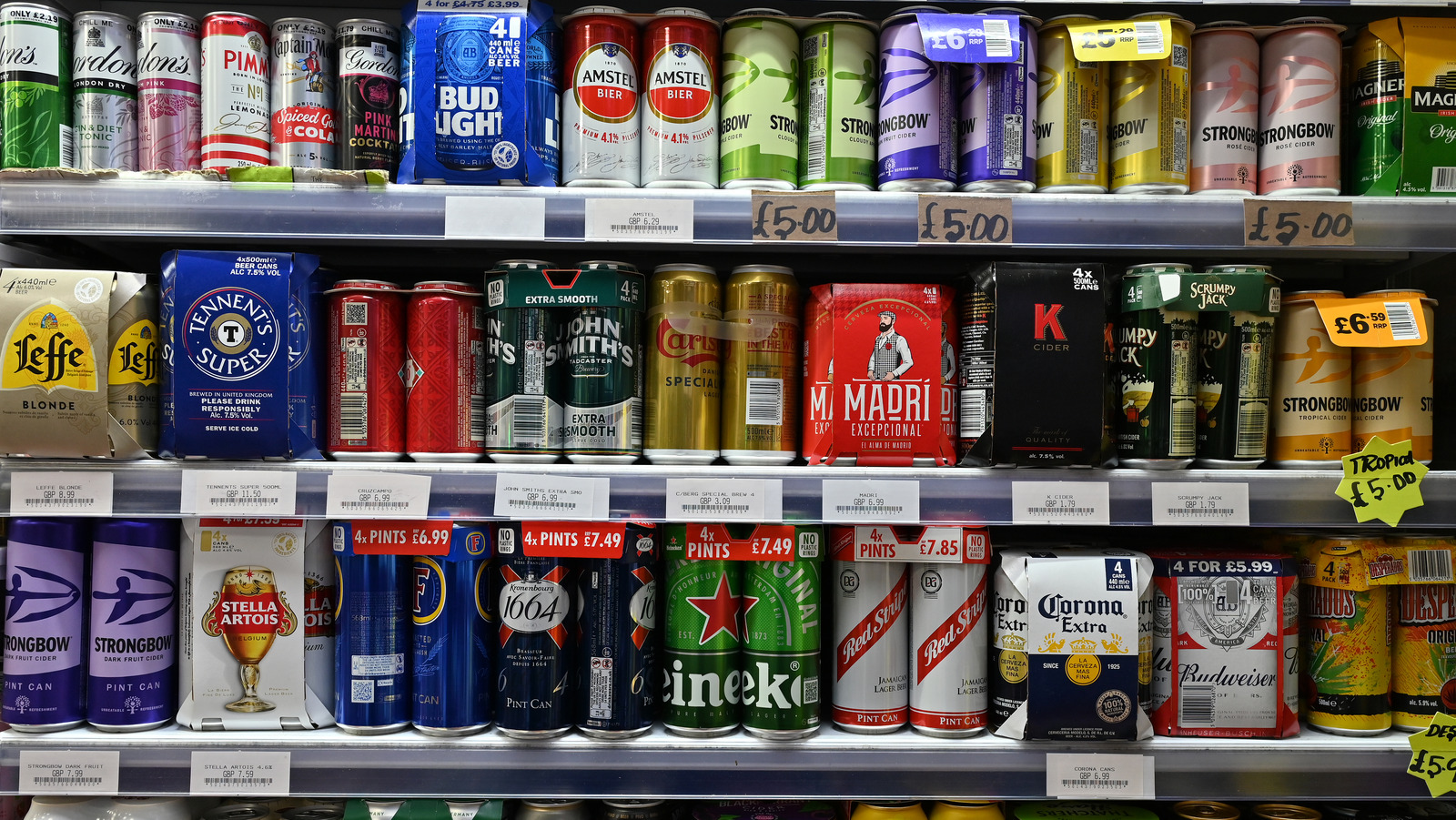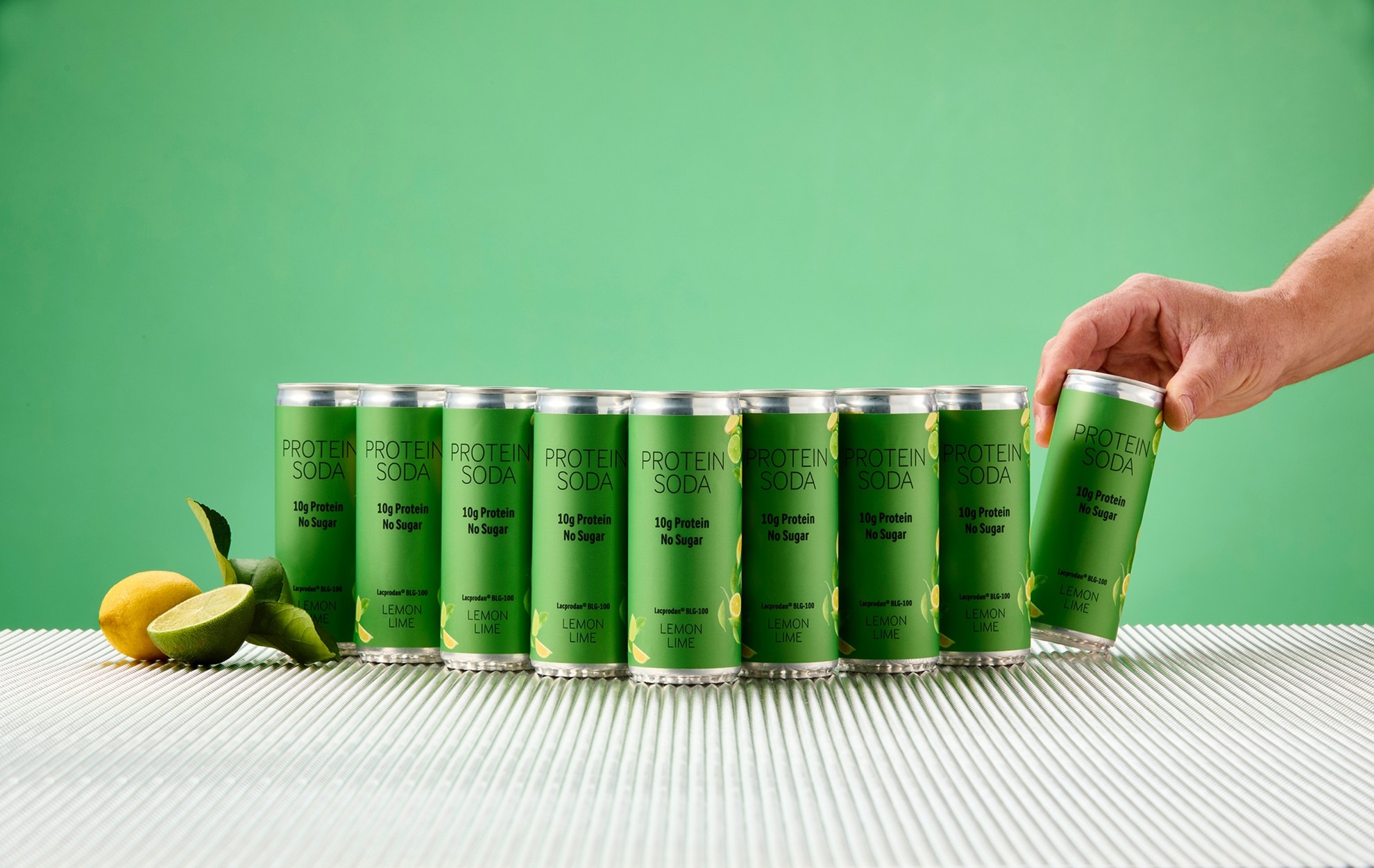Canned beer is a remarkably stable product, but it's always a good idea to check if that six-pack that's been hanging around since last summer's barbecue is still fresh. The good news is, canned beer doesn't exactly "go bad" the way milk does. But that doesn't mean it keeps its fresh-off-the-line flavor forever, either.
Thanks to pasteurization (for most commercial beers) and meticulous brewing hygiene (for craft beers), there's little risk of harmful bacteria setting up camp inside your beer can — but flavor is a different story. Most brewers recommend drinking canned beer within six months of packaging for peak flavor. That timeline can stretch to two or three years for or imperial stouts, which can even improve with age.

For most lagers, IPAs, and wheat beers, though, freshness is key. The hoppy, bright notes that make your favorite beer so delicious tend to fade with time, replaced by a dull bitterness. Even though cans do a great job protecting beer from two major enemies (light and oxygen), they aren't foolproof.
Oxygen can sneak into the beer during the packaging process, for example. Over time, this causes oxidation, dulling hop aromas and giving beer a stale, cardboard-like taste. Temperature is another critical factor.
than beer kept cold. That's why breweries and beer geeks alike recommend keeping canned beer cold and upright to maximize shelf life. Signs your beer might be past its prime If you're eyeing that lonely can at the back of your fridge, here's what to check.
First, the taste: If the beer tastes flat, stale, or oddly sweet, it's likely oxidized. Time to toss it. Any kind of off aromas with wet cardboard, sherry, or skunky notes ( ) are red flags.
Some sediment is normal in unfiltered beers, but chunks, cloudiness, or a musty smell can suggest old age or microbial contamination. Finally, if there's not a nice pop of fizz when you open the can, that could mean the seal was broken. If you want to , that's a whole other story.
Just be sure to stick to cans or bottles with higher alcohol content (typically above 8% ABV), and store them somewhere cool, dark, and stable. You'll want to give aging beers the same treatment as wine, but remember, beer should be stored upright while wine should be stored on its side. As long as your forlorn, forgotten beer can looks intact and the beer smells and tastes okay, it's likely safe to drink — it just might not wow you with vibrant flavor.
If you're looking for crisp hops and bright flavors, fresher is always better. When it comes to canned beer, the phrase "drink responsibly" also means "drink it before it goes dull." Recommended.
Food

Does Canned Beer Ever Really Go Bad?

A pack of beer cans certainly feels like it would stay shelf stable forever, but all foods go bad eventually, right? Does canned beer really have a shelf life?












